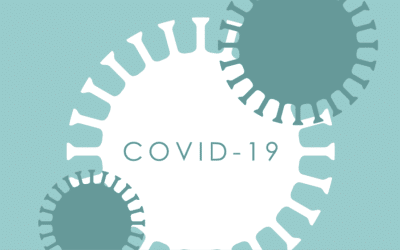When was the last time you tried out a new restaurant? Think about your overall experience from the beginning—how did you first learn about the eatery? What prompted you to dine there? Did the outcome make you want to return?
You may have heard about it from a friend, saw an advertisement or even drove past the restaurant. Next, you probably looked up their menu or read a Yelp review. Once you arrived, the food, service, decor and cleanliness no doubt determined whether or not you returned.
Why is this important? Because successful restaurants and B2C retail companies are extremely precise. They know who their ideal customer is. They know how customers are finding them. They know what conversations are taking place on social media. And they know how to meet their patron’s expectations and how to properly nurture returning customers.
In short, they are customer-centric.
What’s Causing the Lead Generation Problem?
But as B2B marketers, sometimes we get too caught up in our own agendas and biases to properly commit to a customer-centric approach to website design and inbound marketing. Unfortunately, it causes B2B brands to miss out on lead generation opportunities, and instead, produce stats like these:
- On average, a B2B customer will regularly use 6 different interaction channels throughout the decision journey, and almost 65% will come away from it frustrated by inconsistent experiences.
- 52% of users said that a bad mobile experience made them less likely to engage with a company.
- 44% of website visitors will leave a company’s website if there’s no contact information or phone number.
- General B2B websites that sell products and service packages have an average bounce rate between 30-50%, higher than professional service and eCommerce or retail sites.
- 82% of B2B decision-makers think sales reps are unprepared.
Characteristics of Customer-Centric B2B Websites
Flattering, right? But if more B2B brands designed their website through the eyes of their customers and according to their buying journey, we might have a different story to tell. So, what are the characteristics of a customer-centric B2B website?
- Unique experience. Your website should not be for everyone. Determine the makeup of your ideal customer(s) and create an experience that is unique to them. Deliver that experience through dedicated landing pages, category-specific content, detailed product specifications and multiple avenues for requests and transactions.
- Seamless interaction. Today’s B2B buyer has a different set of demands when interacting with digital channels. To avoid high bounce rates, ensure that you’re incorporating responsive web design, so that the interaction is seamless no matter what device or technology is being used. Additionally, collaborate with sales and customer support leaders to develop a unified message that has the same tone before, during and after web interactions.
- Brand-defining engagement. Think of your favorite Netflix or Hulu show. My guess is you don’t watch one episode per week like traditional television. Just like binge-watching, binge content consumption is redefining how buyers engage with websites. Design your website with the proper calls-to-action (CTAs) that lead customers down a buying path, and cater to customers who are looking to buy now. Conversely, not all customers are sales-ready the first time they visit your site. Create opt-in forms and leverage downloadable content that aligns with a nurturing strategy fit for different use-cases.
- Actionable insights and optimization. Monitor both online and offline data and customer feedback in order to improve website performance over time. Run A/B tests on landing pages with varied copy, CTAs and images in order to find a customer-centric formula that drives higher engagement.
Want to better understand our approach for B2B website lead generation? Contact us today or download our free PDF on Keyword Strategy & Research.
Sources: Hubspot, Impact, CXL, Protocol 80





